Medication for Bronchiectasis
The following are commonly used medications for the management of Bronchiectasis:
| Common medications | |
|---|---|
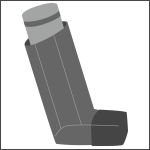 |
Bronchodilators: Short acting, long acting or in combination. These can be given via an inhaler or nebuliser. |
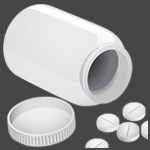 |
Antibiotics: Can be given for infections or in some cases as a preventative medication. Can also be given intravenously or through a nebuliser for long term use. |
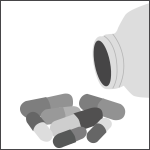 |
Macrolides: A type of antibiotic which has antibacterial and anti inflammatory effects, can be used at low doses long term to reduce infections. |
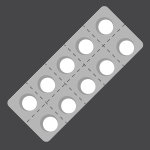 |
Mucolytics: Tablets which may reduce the thickness and stickiness of the sputum so it is easier to cough up and may reduce infection frequency. |
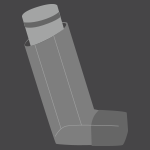 |
Corticosteroids: Inhaled or oral, usually only given if another condition co-exists and for treatment of that condition e.g. asthma or COPD. |
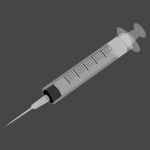 |
Vaccinations: Annual flu vaccination and one off pneumococcal vaccine. |
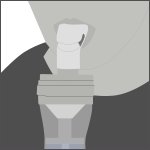 |
Saline: Normal (0.9% concentration) or hypertonic (3, 6 or 7% concentration) nebulised to hydrate the airways to improve mucus clearance and assist with airway clearance techniques. |
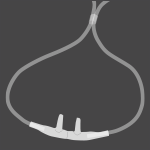 |
Oxygen therapy: Only indicated for some patients after specialist evaluation. |
More detailed information about these and other medication for all lung conditions can be found in the medication section.




